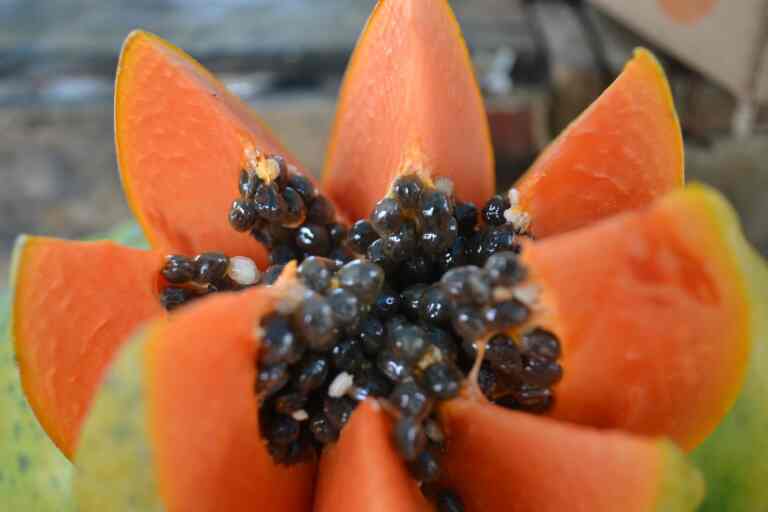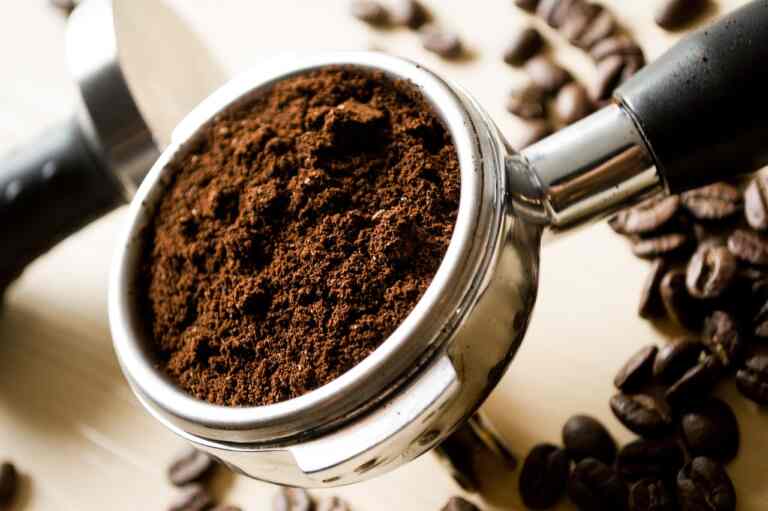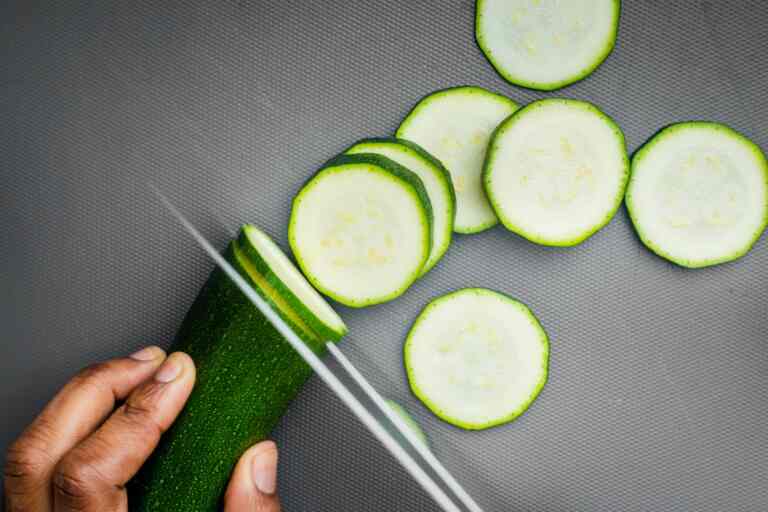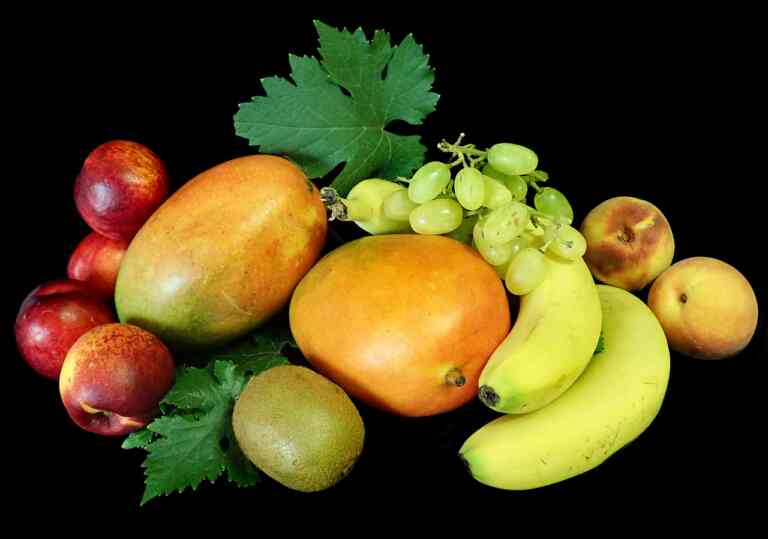Best Diet For Depression
Depression is a complex mental health condition that affects millions of people worldwide. While therapy and medication are commonly used to treat depression, research suggests that diet may also play a crucial role in managing its symptoms. A diet rich in whole foods, such as fruits, vegetables, whole grains, and lean protein sources, has been associated with improved mental health.
This includes the Mediterranean diet, DASH diet, plant-based diet, low-carb diet, and anti-inflammatory diet. These diets are all focused on reducing inflammation in the body, which has been linked to depression and other mental health conditions.
It is important to consult with a healthcare professional before making any significant changes to your diet or lifestyle to ensure that it is safe and effective for your individual needs.
How Food Can Help When You’re Struggling With Depression
When you’re struggling with depression, taking care of your body is essential to improving your mental health. One way to do this is by focusing on your diet. Research has shown that certain foods can have a positive impact on your mood and help manage symptoms of depression.
For example, foods high in omega-3 fatty acids, such as salmon, nuts, and seeds. I have been linked to improved mental health. Additionally, foods high in antioxidants, such as berries, dark chocolate, and leafy greens. It can help reduce inflammation in the body and improve mental health.
It’s important to remember that while diet can be a helpful tool in managing depression. It should be used in conjunction with other treatments, such as therapy and medication. Consulting with a healthcare professional. It can help determine which foods and dietary changes may be most beneficial for your individual needs.
Conquer Your Depression With the Right Diet Plan
Depression can be a debilitating condition that impacts all aspects of life. While therapy and medication are often the go-to treatments for depression. Diet can also play a significant role in managing symptoms. A healthy diet can help improve mood, reduce inflammation in the body. And provide the body with essential nutrients it needs to function properly. Some key components of a depression-fighting diet include whole foods, lean protein sources, and healthy fats.
For example, foods like leafy greens, nuts, and fish are all rich in nutrients that have been linked to improved mental health. It’s important to work with a healthcare professional to develop a personalized diet plan. It meets your individual needs and supports your overall mental health. By making dietary changes, individuals can take an active role in managing their depression and improving their quality of life.
Nourish Your Mental Health: Discovering the Best Diet for Depression
Depression is a complex and serious mental health condition that can have a significant impact on a person’s quality of life. While there are many treatments available, including therapy and medication, diet can also play an important role in managing symptoms. Research has shown that diets high in whole foods, lean protein sources, and healthy fats can help reduce inflammation and improve mood.
The Mediterranean diet, DASH diet, and plant-based diets are all known for their mental health benefits. These diets emphasize nutrient-rich foods, such as fruits, vegetables, and whole grains, while limiting processed and unhealthy foods.
It is important to work with a healthcare professional to create a personalized diet plan that meets your individual needs and supports your mental health goals. By nourishing your body with the right foods. You can take an active role in managing your depression and improving your overall mental health.
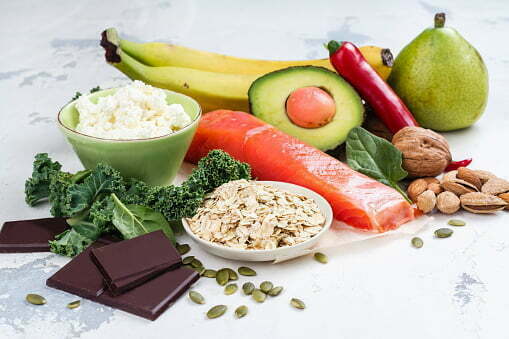
Nutrients For Depression
Depression is a mental health condition that affects many people worldwide. While there are various treatments available, including therapy and medication, research has shown that certain nutrients can play a crucial role in managing depression symptoms.
For example, omega-3 fatty acids, found in foods like salmon, walnuts, and flaxseed, have been linked to improved mood and reduced symptoms of depression. B vitamins, including folate and vitamin B12, are also important for mental health. And can be found in leafy greens, whole grains, and lean protein sources. Additionally, vitamin D, which can be obtained through sun exposure or supplements. It has been linked to improved mood and mental health.
It’s important to speak with a healthcare professional before taking any supplements or making significant changes to your diet. As they can help determine which nutrients may be most beneficial for your individual needs. By ensuring you’re getting enough of these key nutrients. You can take an active role in managing your depression and improving your overall mental health.
Eating Right for a Better Mood: The Best Diet for Depression
Depression is a complex mental health condition that can be difficult to manage. While there are many treatments available, including therapy and medication, diet can also play an important role in managing symptoms. Research suggests that a diet rich in whole foods, lean protein sources, and healthy fats can help improve mood and reduce symptoms of depression.
The Mediterranean diet, for example, emphasizes nutrient-rich foods like fruits, vegetables, whole grains, and fish, while limiting processed and unhealthy foods. Other diets, such as the DASH diet and plant-based diets, have also been associated with improved mental health.
It’s important to work with a healthcare professional to create a personalized diet plan. That meets your individual needs and supports your mental health goals. By eating right, you can take an active role in managing your depression and improving your overall mood and well-being.
Conclusion
In conclusion, while therapy and medication are commonly used to treat depression. Diet can also play an important role in managing symptoms. A diet rich in whole foods, lean protein sources, and healthy fats has been associated with improved mental health. And diets such as the Mediterranean diet, DASH diet, plant-based diet, low-carb diet, and anti-inflammatory diet have all been linked to reduced symptoms of depression.
It’s important to work with a healthcare professional to create a personalized diet plan that meets your individual needs and supports your mental health goals. By nourishing your body with the right foods, you can take an active role in managing your depression and improving your overall mood and well-being. While it may take time and effort to make dietary changes, the benefits of a healthy diet for mental health are well worth it.
Related Posts
This article is reviewed by Russel, before publishing. If you have any doubt, you can contact us or consult with your nearby doctor. Remember, in medical matters, there is no same advice, cure, and medicine for all.



